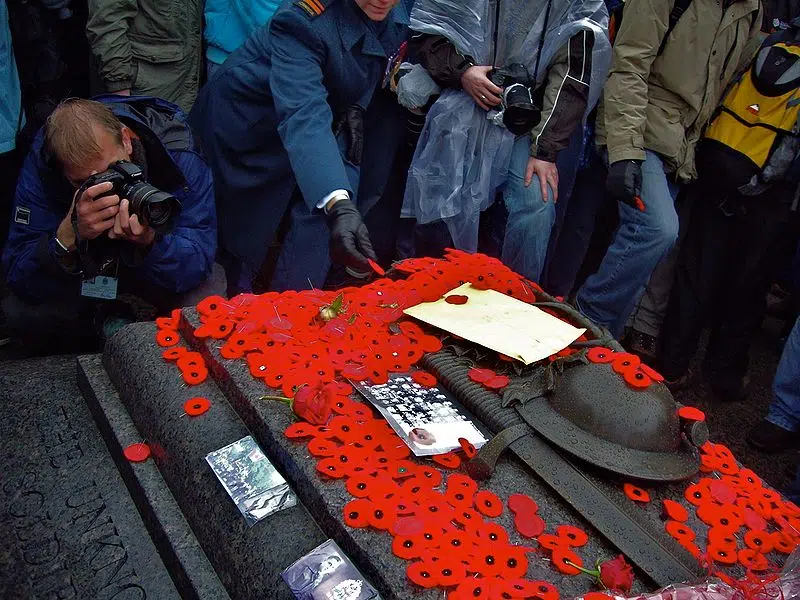
Indigenous Contributions In War Time
LETHBRIDGE, Treaty 7 Territory – More than 7,000 Indigenous peoples made important contributions for Canada during the First World War, the Second World War and the Korean War.
These people were not Canadian citizens and voluntarily stood as allies in defense of the land.
Retired Master Bombardier, 20th Independent Field Battery Jon Athan Weiss, said that he joined the military at 18 years-of-age for a discipline and opportunities as a First Nations man from the Blood Reserve.
During his time in the service, Athan Weiss graduated from Lethbridge College and The University of Lethbridge.


